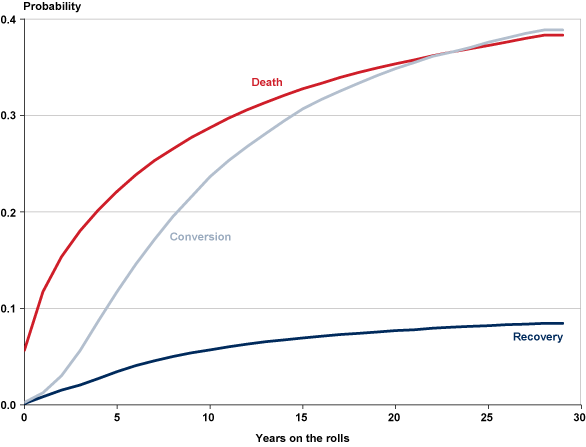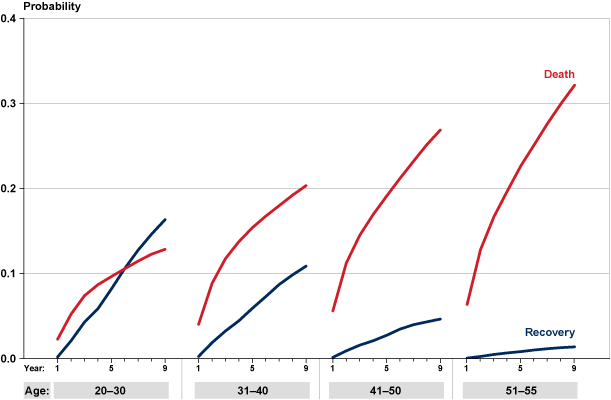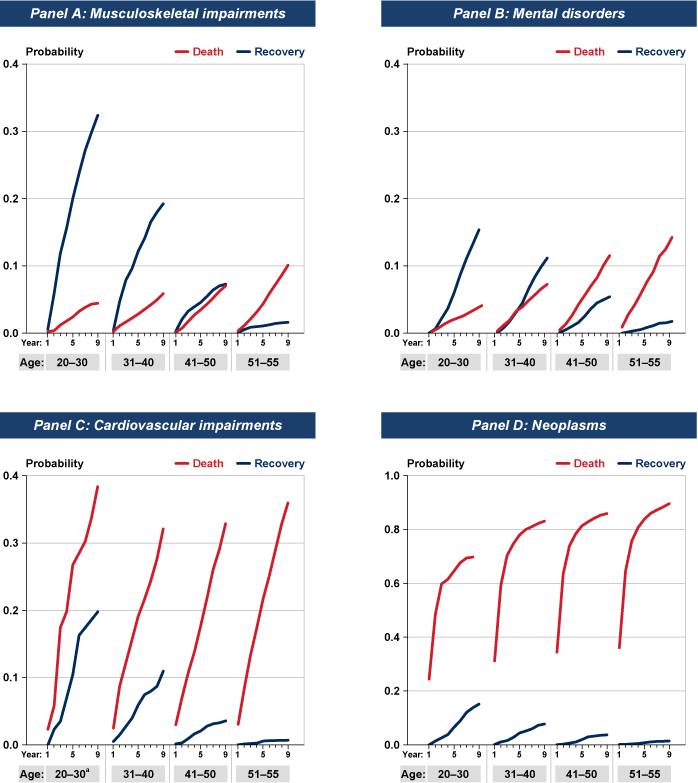From Politico:
Mick Mulvaney, President Donald Trump’s budget director, walked into the Oval Office in early May on a longshot mission. The slash-government conservative wanted to persuade the president to break one of his most popular campaign promises.
During his populist run for the White House, Trump had vowed to leave Social Security and Medicare alone. But Trump had also vowed to rein in America’s national debt, which Mulvaney didn’t think was possible without reining in the two biggest chunks of the federal budget. So Mick the Knife brought a cut list to his meeting in the Oval.
“Look, this is my idea on how to reform Social Security,” the former South Carolina congressman began.
“No!” the president replied. “I told people we wouldn’t do that. What’s next?”
“Well, here are some Medicare reforms,” Mulvaney said.
“No!” Trump repeated. “I’m not doing that.”
“OK, disability insurance.”
This was a clever twist. Mulvaney was talking about the Social Security Disability Insurance program, which, as its full name indicates, is part of Social Security. But Americans don’t tend to think of it as Social Security, and its 11 million beneficiaries are not the senior citizens who tend to support Trump.
“Tell me about that,” Trump replied.
“It’s welfare,” Mulvaney said.
“OK, we can fix welfare,” Trump declared.
Sure enough, the Trump budget plan that Mulvaney unveiled a few weeks later would cut about $70 billion in disability benefits over a decade, mostly through unspecified efforts to get recipients back to work. That may sound like welfare reform, but the program isn’t welfare for the poor; it’s insurance for workers who pay into Social Security through payroll taxes. The episode suggests Trump was either ignorant enough to get word-gamed into attacking a half-century-old guarantee for the disabled, or cynical enough to ditch his promise to protect spending when it didn’t benefit his base.
The story is also revealing about the source who told it on the record: Mulvaney himself, an ideological bomb-thrower from the congressional fringe who has become an influential player in the Trump administration. ...


